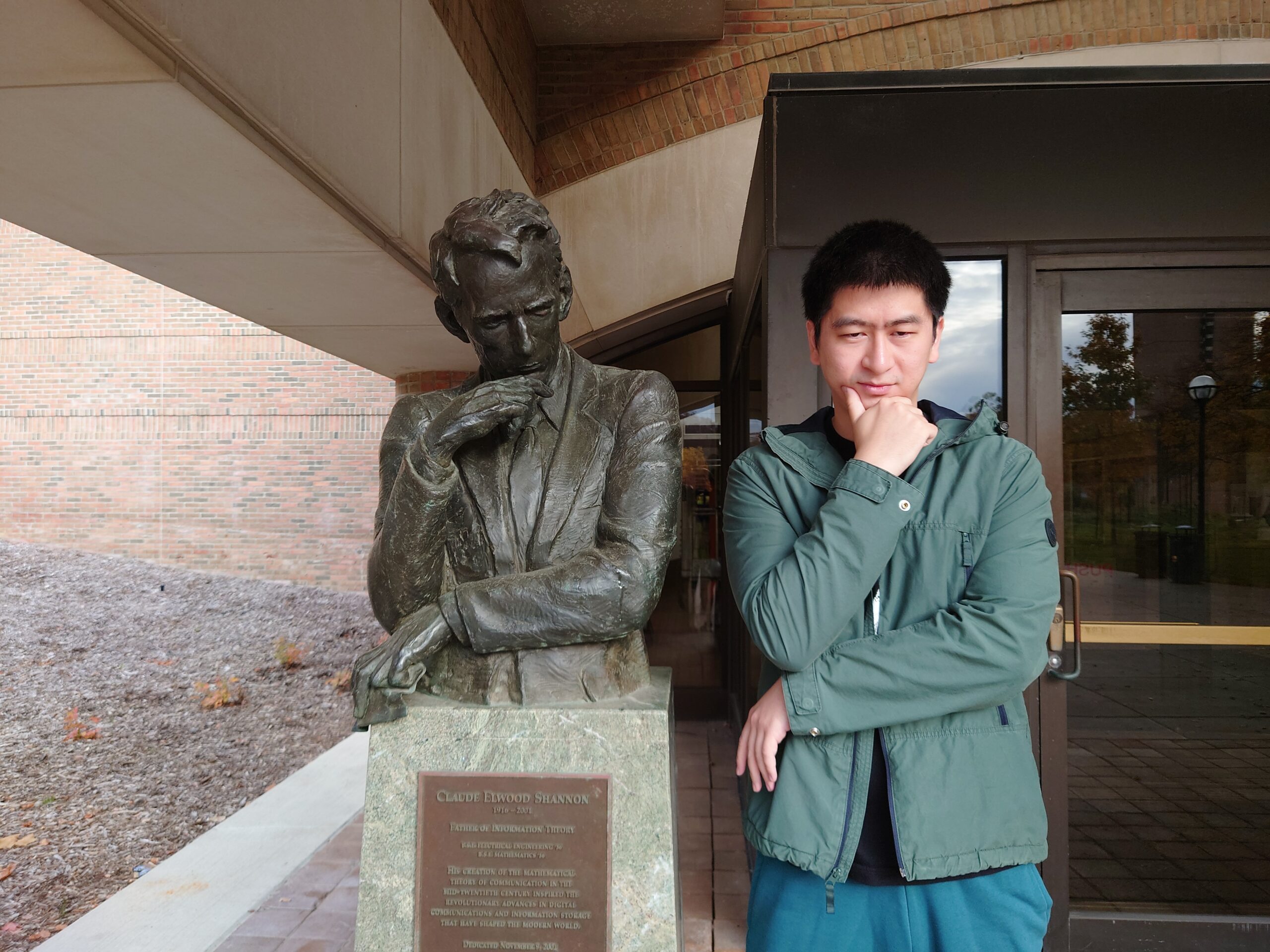
Dissertation Defense
Learning, Control, and Reduction for Markov Jump Systems
This event is free and open to the publicAdd to Google Calendar

(Two tickets to the Berlin Philharmonic performances on Nov 18 and 19 at Hill Auditorium will be drawn from in-person and online audiences.)
Many real-world phenomena or systems with temporally changing dynamics can be effectively characterized by time-varying models — typically ensembles of simple models (modes) among which the active mode switches over time. Coupling different modes through switching increases the model capacity so that more complex behaviors can be explained, but this meanwhile brings new challenges: one cannot simply study the entire model by looking at individual modes separately, and the coupling structures need to be factored in.
An important class of time-varying models is given by Markov jump linear systems (MJSs), where each MJS is made up of a collection of linear modes and a Markov chain modeling their switching. This defense will revisit two classical problems for MJSs: adaptive control and model reduction. We will show how recent advances in machine learning, optimization, and statistics can address challenges induced by the mode switching in MJSs and bring new perspectives to these problems. In the first part of the defense, an adaptive optimal control scheme will be discussed, which incorporates a novel system identification method and is guaranteed to achieve performance with sublinear regret. In the second part of the defense, we look into the model complexity incurred by the sheer number of modes in the MJS. Using clustering techniques from unsupervised learning, a mode reduction scheme is developed that constructs a reduced-mode MJS by grouping modes with similar dynamics, which provably and empirically approximates the original system.
Co-Chairs: Professor Laura Balzano & Professor Necmiye Ozay
 MENU
MENU 
